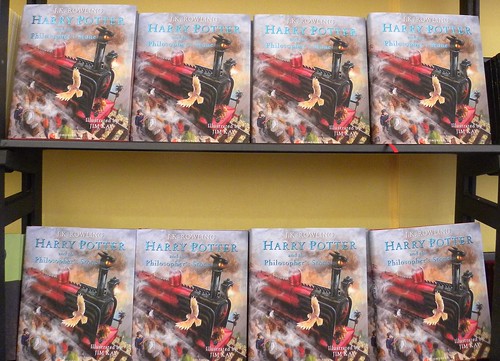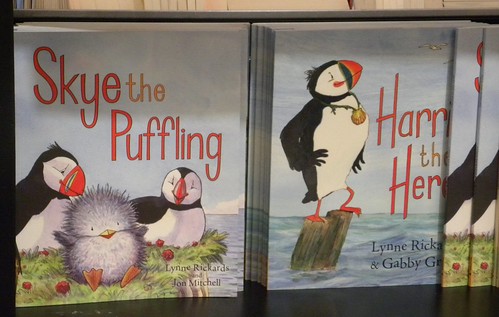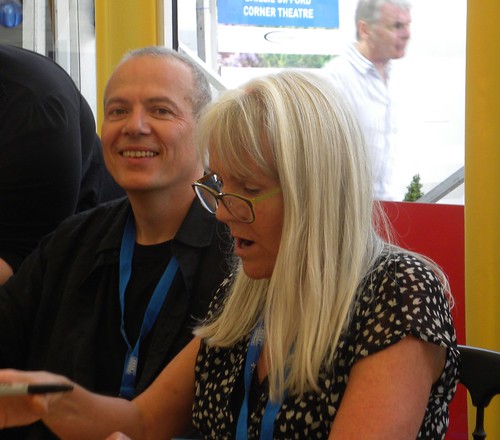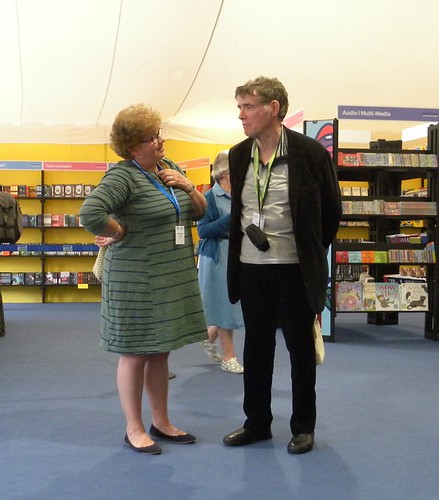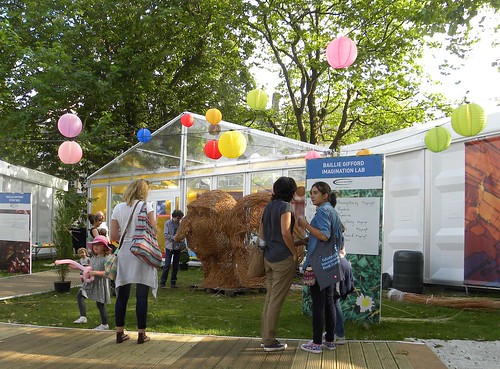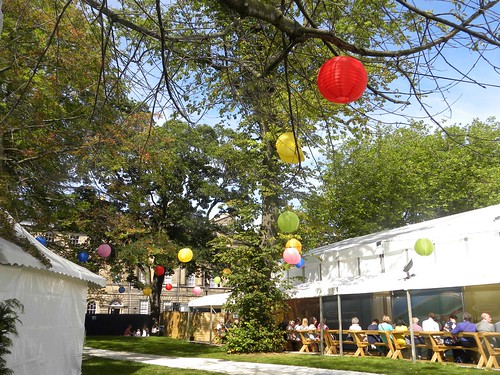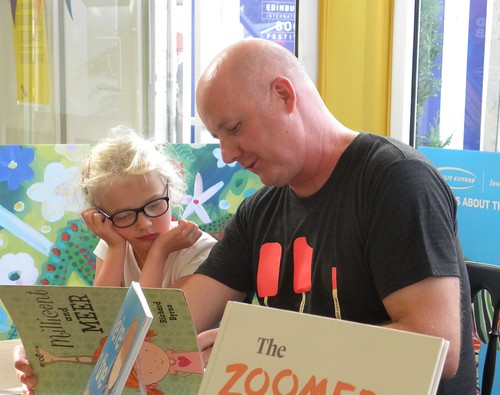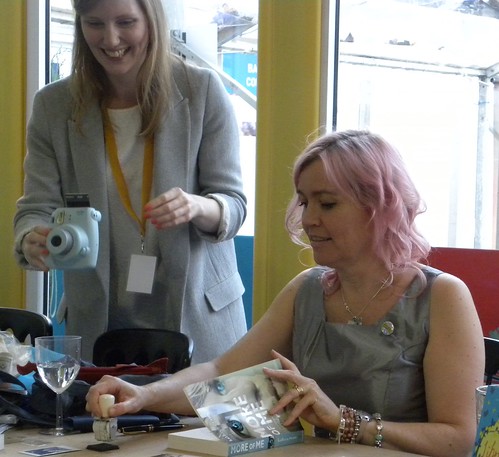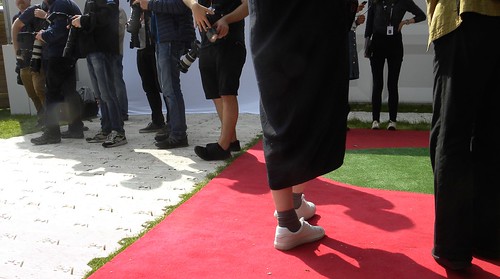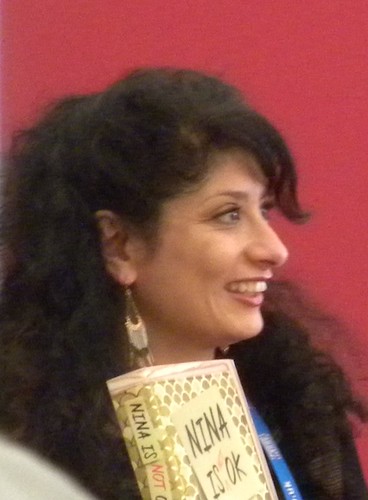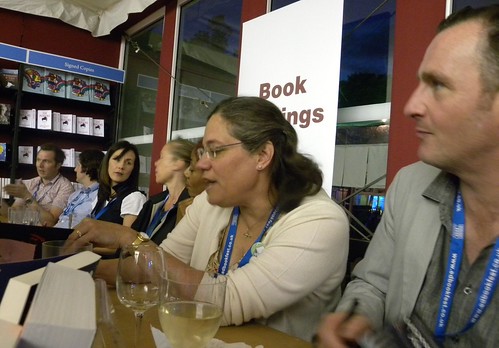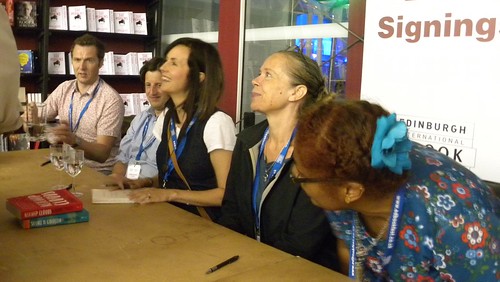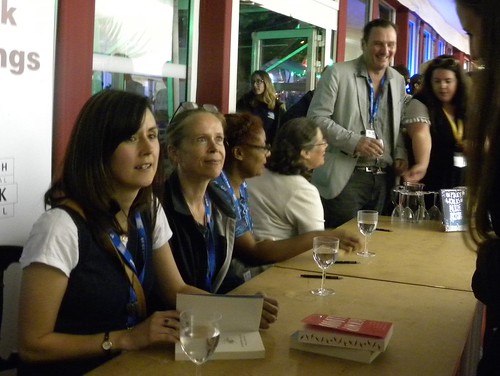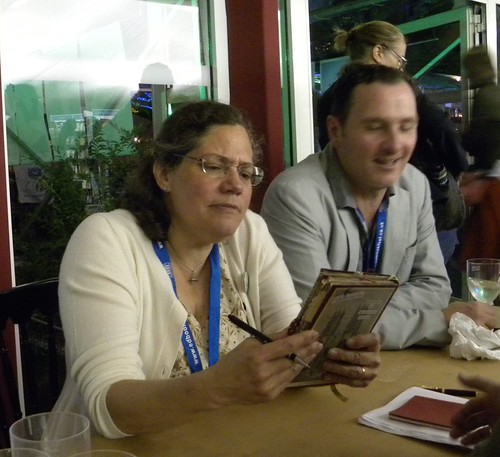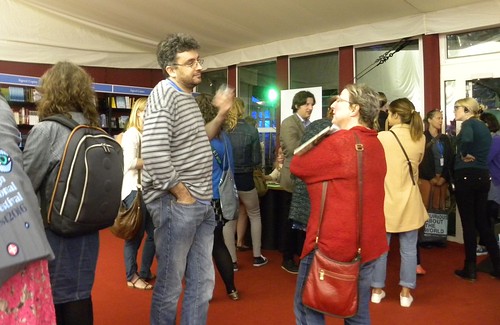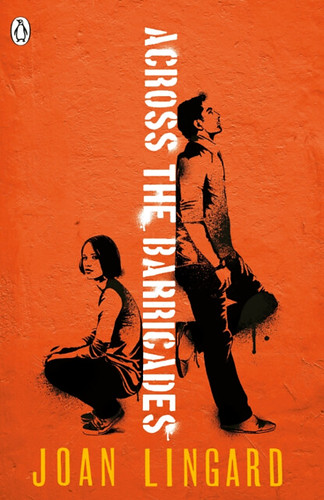Kicking off a blog tour to celebrate his new book, Malcolm McNeill is here today to warn us about wasting ideas. As if we would!

“When I was at university, I knew a peculiar fellow called Rahul Gupta who could recite Milton by heart and quote Anglo-Saxon poetry. He was fantastically intelligent, an oddity, an anachronism. He told me the story of Wagner’s Ring Cycle—it took him an hour. How could someone so young, I wondered, be so old?
In poor return I told him an idea I had for a story, about a forest where all myths and legends came from.
‘That’s a good idea,’ he told me. ‘Don’t waste it.’
I never wrote those words down, but I remembered them. The sentiment behind them—that ideas were important, that they had value, that they could be cheapened—became part of my ‘core’ irreducibles, my six-pack against whatever sucker-punch life had in store.
So did I waste it? Well, I’ve been taking stock.
Looking back at old saved copies of The Beginning Woods is like performing an archaeological dig. The earliest full version I have on record bears the stupendously naive title FINAL WORKING DRAFT. (There are over fifty more versions after it, each a redraft of the last.)
Looking at the document properties tells me it was last modified 16/01/2005. This means there’s a prehistory, a dark time before records began. To delve into that, I have to open another Word document called Part One Bits, created 16/06/2003, in which I stored passages I cut but wanted to keep just in case. These total 133,842 words. There are two more documents of cuttings containing 100,045, and 99,842 words, but some of them overlap.
Most of it I have no memory of writing at all. It’s all just broken pottery and arrowheads.
I actually started developing the story after university, in about 1999. An Excel document entitled PLOT (last modified 12/12/2006—I haven’t plotted things out since) lists events that bear only a passing resemblance to the story in its current form. What’s obvious is that I had big plans for the project. It was to be a series of five books. Five long books.
This first was called The Alexandrian Society. Its length fluctuated between about 120-150,000 words. I spent an inconceivable amount of time working on it. In their twenties, most people transform whatever potential they’ve generated in their school years into the foundations of their professional lives. They do this by socialising, building relationships, and developing a career. It takes time and hard work.
I did none of that. I was serving an apprenticeship that brought me rich, otherworldly rewards, but at a price; it exerted a downward pressure on everything else. I built no career, developed no relationships, and transformed the considerable potential of my education into nothing. I just wrote a book that was never published.
It came close. But, not unreasonably, publishers were wary. I was unknown. It wasn’t a conventional fantasy book. Worse, it wasn’t a stand-alone book—it was clear more books came after it. To tell the truth, these thoughts had always been in the back of my head; I didn’t lack self-awareness. I was stubbornly iconoclastic. Write from enjoyment, from pleasure, from intellectual or sensual abandonment, but whatever you do, do not write to get published. If it happens, great. If it doesn’t, tough.
In 2007, I submitted to a single publisher in the States, a golf shot from Western Siberia that sailed over Europe and the Atlantic and landed on the putting green, an inch from the hole. I ended up with a lovely editor who got me going on a rewrite (‘let’s see how it turns out’ was the deal). I moved to Berlin to work on it, but it was not to be: a couple of weeks before I finished the rewrite, she left the publishing house, and the whole thing collapsed.
This was a bit disheartening. But at least I was in Berlin. Then the entire world economy imploded. My teaching work dried up, and I moved to Saudi Arabia. The perversity of this decision pleased me, that it was in Saudi Arabia of all places, that I would regather myself.
Within a year I had the draft of a stand-alone book. By the time I got back to London, in 2011, I was ready to submit to publishers again; nobody wanted it. One agent said she would consider it if I cut 30,000 words. I declined.
This all brought me rather low, and I gave up. I’d wasted an entire decade of my life. I’d made the mistake of putting all my eggs in one basket. I’d then used the eggs to make a giant omelette nobody wanted to eat. So I had no eggs.
I heard about Amazon’s CreateSpace self-publishing platform, bought one of their packages, and prepared the manuscript for upload to their system. I was too exhausted to care what happened to it afterwards. If anyone read it, that was a bonus. I’d been working on the story too long, and the reduction of all that material into one book was a dispiriting compromise I bitterly resented making. The main thing was to shove it all away from me and do something new.
Then I got an email from Gregor.
I knew Gregor because I stuck up my hand in assembly when I was in sixth form. My boarding school had a sister school in Japan. Every year, a Japanese scholar would arrive and study with us for a year. In 1993, our school decided to reciprocate the exchange, and I volunteered to be the first exchange student. So off I went to Tokyo.
Also in the Japanese high school was a Brazilian exchange student called Juan Carlos. He was with Rotary, so he had a network of fellow exchange students. I fell into their company, and a group formed; Joe, from the USA, Vanessa, from Brazil, Marwan, from France, Bager, from Turkey, Eiji, from Japan, my girlfriend Kaori, Raphael, from Germany, and me.
Afterwards we kept in touch for a few years, but gradually our relationships loosened as we disappeared into our adult lives. Then, in 2001 I think, Raphael got back in touch. A friend of his was visiting London, could he sleep on the sofa?
Sure!
A few years later, Raphael himself showed up, working as a translator for a group of German musicians, and the Japanese production company of Issey Ogata. I spent a few days with this group of actors and musicians, and my friendship with Raphael was cemented. A couple of years later, fed up with the actor’s life in London, I moved to Berlin for a time. I didn’t stay long, but I visited him regularly over the years.
In 2007 I was in Berlin again, smashing eggs, making an omelette the Americans would decide not to eat. By now Raphael was a hard-working and resourceful lawyer, living in Mitte. I met his neighbour, an anglophile called Gregor. We became friends. I told him about a forest where all myths and stories come from.
Gregor worked in publishing. He got me a job designing a coursebook for German learners of English.
Four years later, he found out I was about to upload The Beginning Woods onto Amazon. Had I sent it to any publishers in Germany? It had never occurred to me. I emailed him the manuscript, and he passed it to someone he knew.
In 2012, I went to Berlin to meet the editors. ‘We hardly want to change it at all,’ they said. And they didn’t. It was published in translation in 2014. I’d worked on it in the UK, Slovakia, Russia, Germany, and Saudi Arabia, so it seemed appropriate it was first published abroad.
In 2015 I had to add Vietnam to the list. I was in Hanoi in 2014 when I heard Pushkin Press were interested in acquiring the English language rights. Great! But was I prepared to work on the book again?
When I heard this I felt very odd, like there was no escape. Was I doomed to work on the book forever? But it was too good an opportunity. ‘Just agree,’ I snarled at myself. ‘They want to eat the omelette.’
In actual fact, after the initial shock, I relished the chance to have a go at it again. The editor was fantastic. Worked with a light touch. Made excellent points. I rolled up my sleeves.
I felt like a boxer coming out of retirement to do battle with an old adversary who had always defeated me. This time I was merciless and out for blood. It was brutal. Better than that—it was revenge. They had to drag me off it.
Reading the story now is like wandering through a city. Some buildings are new. Some are extremely old, from another time in my life altogether. There are passages I wrote when I was twenty-one. There are passages I wrote this year, at the age of forty.
I’m glad it’s over.
What have I learned? Plant a flag, by all means. But be prepared to bleed.
And, Rahul, if you’re reading this, old chap—I didn’t waste it.”
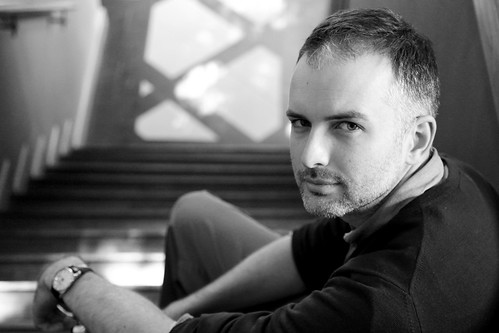
Special thanks to Rahul and Gregor. And I must mention that I like omelettes. Keep smashing those eggs!





